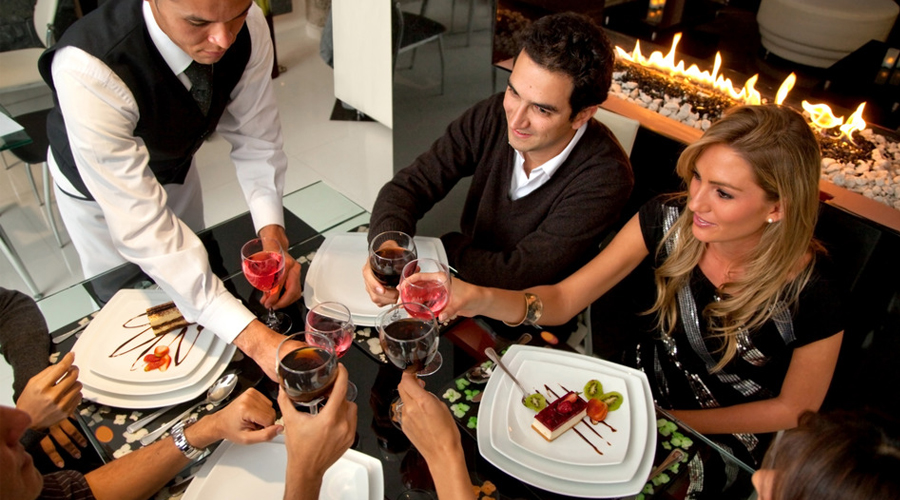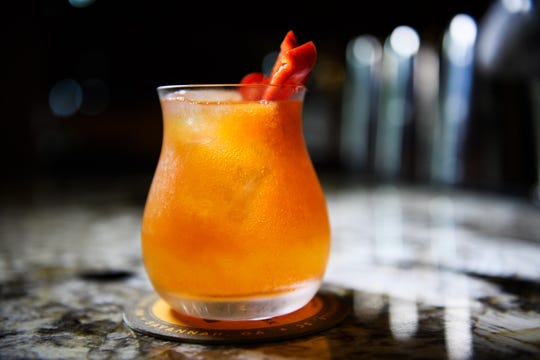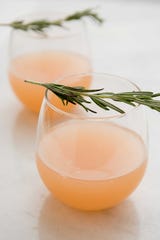While the restaurant industry contends with the usual summertime rush, lawmakers and regulators have taken up a number of measures that affect the business in small and large ways. Here are a few of the developments a busy operator might have missed.
New Jersey sets higher liabilities in wage dispute
Restaurants accused of underpaying servers or supervisors will face higher potential penalties under a law that was quietly passed this month in the Garden State. If authorities decide that a server should have been paid a full wage instead of the lower amount allowed under tip-credit regulations, or a salaried employee is adjudged to be entitled to overtime pay, restaurateurs can now be required to pay the wages that were owed, plus damages equal to 200% of the underpayment, a fine of $500 and 20% of the wages owed, and an administrative fee of $250. The fines increase for second-time offenders.
Those amounts are set for civil disputes. The Wage Theft Act also exposes employers to criminal charges of disorderly behavior, a charge that carries financial penalties of $500 to $1,000 and possibly up to 100 days in jail.
If an employee is fired within 90 days of formally accusing an employer of underpaying or stealing a wage, the dismissal is presumed to be an act of retaliation, which carries its own set of criminal charges and financial liabilities. The only rebuttal, according to the law, is “clear and convincing evidence that the action was taken for other, permissible, reasons.”
The measure also extends the statute of limitations on wage disputes to six years, from the current cap of two years.
Because of the potential awards for employees who contend they’ve been stiffed on pay, the Wage Theft Act is expected to make New Jersey a choice location for filing unpaid-wage claims, according to a host of legal experts. “It will likely have seismic repercussions for employers operating in New Jersey, and will make New Jersey a destination venue for wage and hour class-action litigation,” the law firm Morgan, Lewis & Bockius wrote in a news alert to clients and the legal community.Continue Reading







